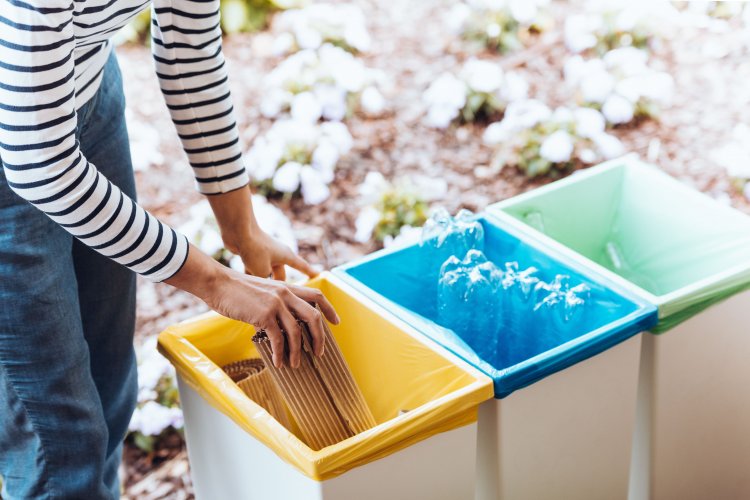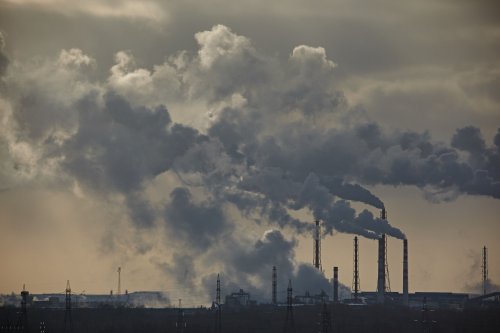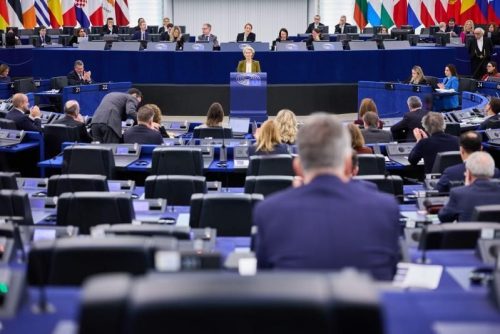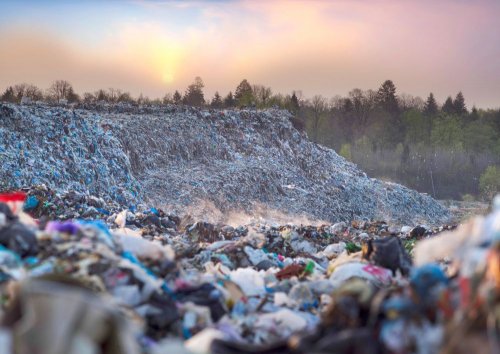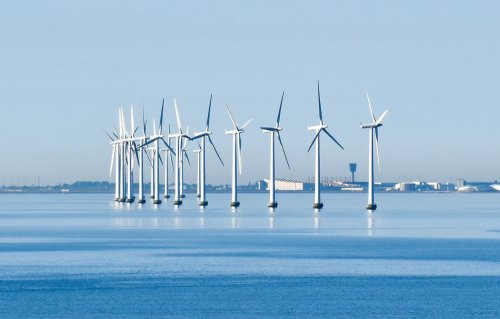Starting in April, municipal workers in Aachen, Germany, will not take out bio-waste containers if residents throw anything other than organic waste in them.
This was reported by the press service of the municipality.
It is noted that in recent months, utilities have been checking containers for organic waste and, as a result, have sent 4,000 letters with comments on improper sorting.
"It's all about confusion about labeling: certification that confirms that plastic is compostable is not the same as the process at a composting plant. The first standard stipulates that plastic decomposes within 90 days, whereas in a composting plant, decomposition only takes 30 days," explains Tino Grotenkloos, Waste Management Logistics Manager at the Municipality of Aachen.
The municipality says that sometimes other plastics, packaging, metal, and glass are found in the garbage. Before composting, it is difficult to separate such waste from organic matter because bio-waste is too wet and sticky. Eventually, this waste ends up in agriculture and even food.
Last year, only 3% of the organic waste was classified as good quality waste, and 45% was classified as very low quality, with a lot of impurities.
It is known that the city of Aachen pays 40 euros per ton of well-sorted organic waste and 100 euros for low-quality waste. Every year, Aachen loses up to half a million euros due to poor sorting.
Therefore, starting in April, garbage collectors will look into the containers and, if they see something other than organic waste, they will simply leave the full bin by the roadside.
Then residents have several options:
- sort the garbage themselves, and then it will be picked up the next time;
- pour the contents into separate bags for organic waste;
- or order a separate garbage collection.
As EcoPolitic previously reported, in the UK, as part of a pilot program, prisoners sorted more than 14 tons of fishing ropes, 68 fishing tackle, and 2000 meters of nets in a year.

